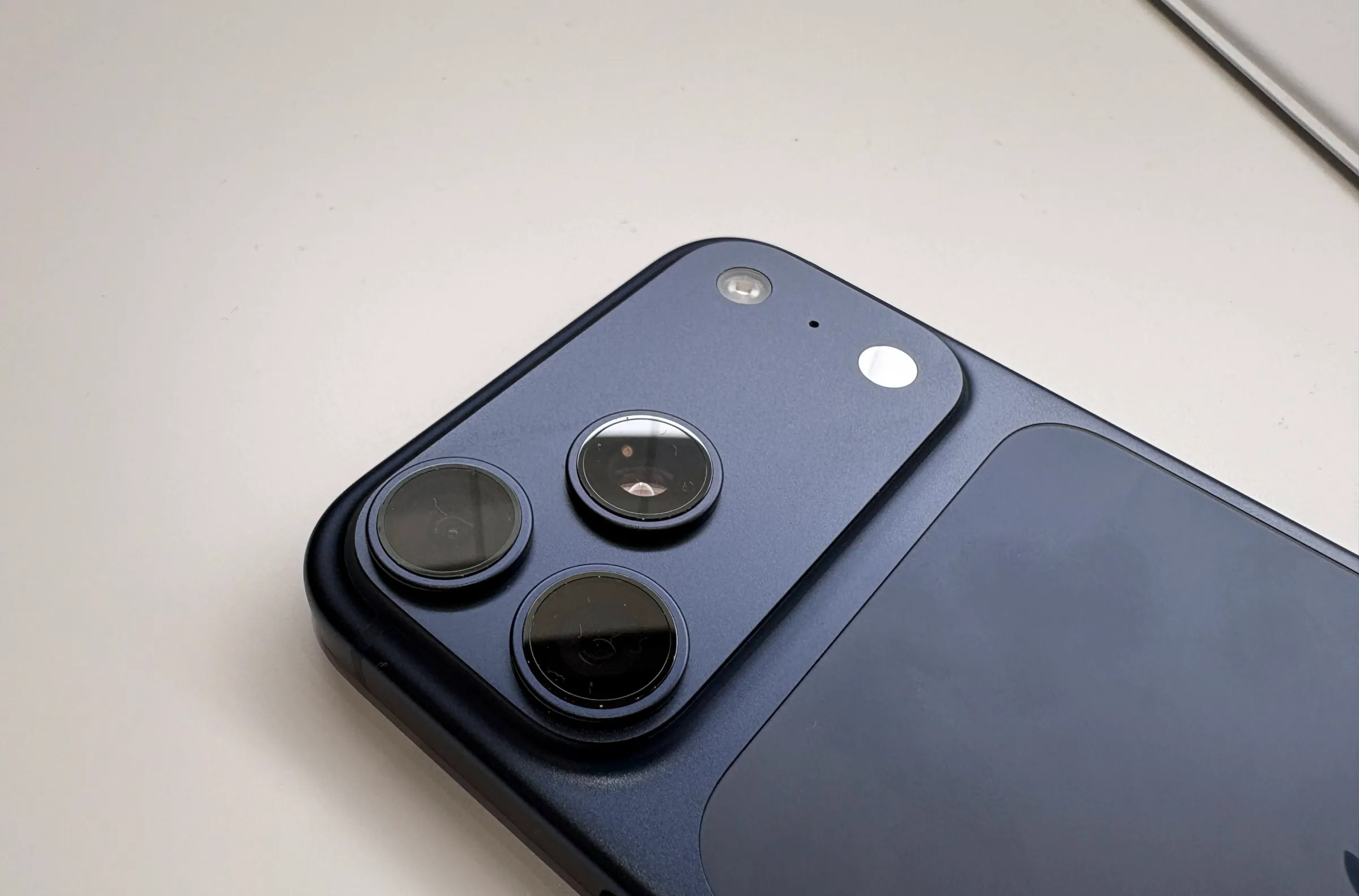
Alongside its flashy announcements this week, Apple introduced a major security upgrade for the iPhone 17 and iPhone Air. The new feature, called Memory Integrity Enforcement (MIE), directly targets the vulnerabilities that spyware makers and forensic tool developers rely on.
MIE blocks memory corruption bugs, one of the most common ways hackers break into devices. Apple explained that mercenary spyware often exploits these flaws on iOS, Windows, and Android. By tackling this issue, Apple is making it much harder for spyware to take hold.
Cybersecurity experts told TechCrunch that this change could make the iPhone 17 one of the safest internet-connected devices available. The feature forces spyware developers to spend more time and money building zero-day exploits, which could also raise the cost for governments and buyers.
“The iPhone 17 is probably now the most secure computing environment on the planet that is still connected to the internet,” said a veteran security researcher.
While not entirely hack-proof, experts agree that MIE is a big leap forward. It doesn’t make iPhones invincible, but it significantly raises the stakes for anyone trying to break in.




